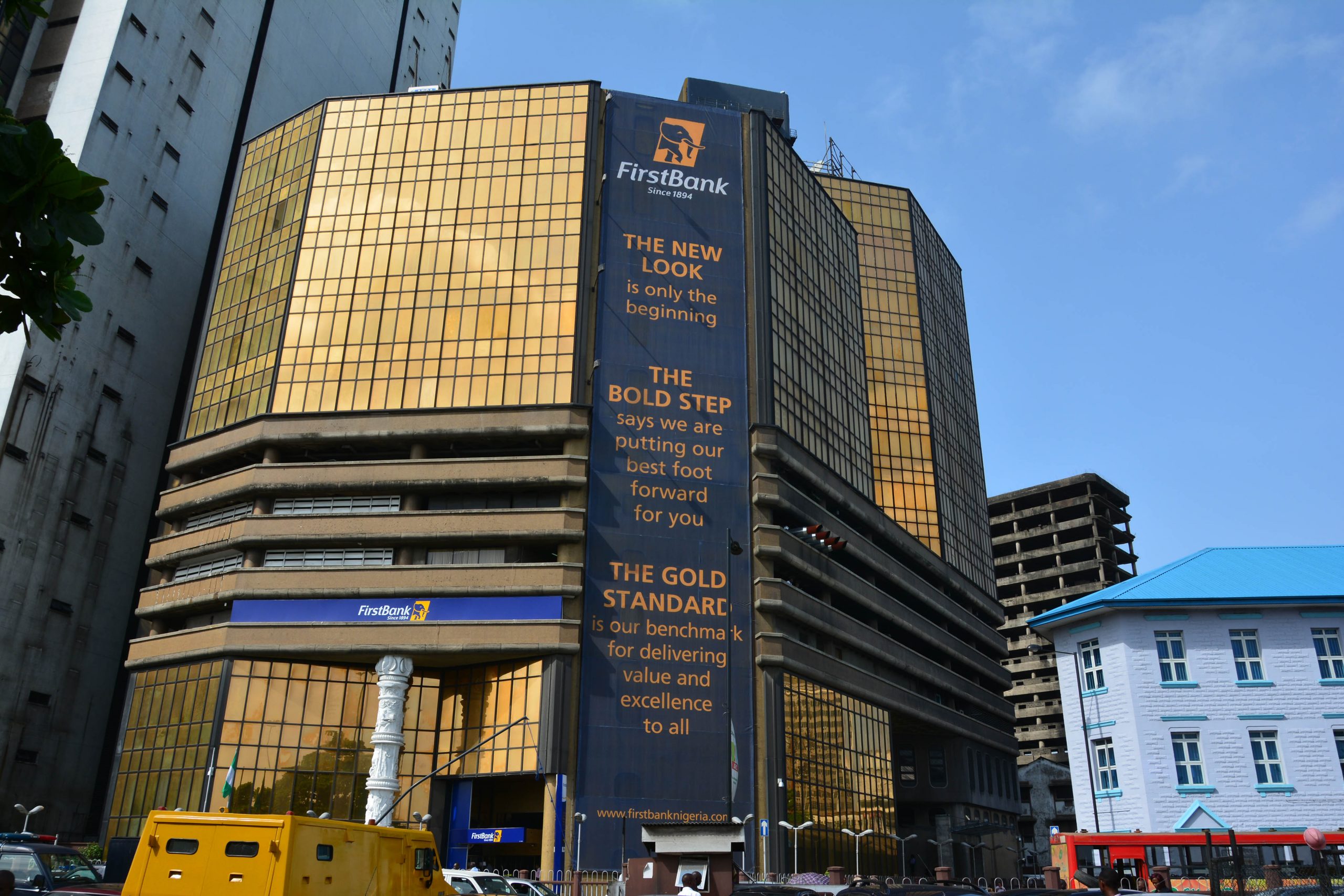Saturday , 17 May 2025
Home
Business
FG Defends 50% Telecom Tariff Hike, Cites Job Protection and Investment Sustainability
BusinessTrending News FG Defends 50% Telecom Tariff Hike, Cites Job Protection and Investment Sustainability

Leave a comment
Recent Posts
Related Articles
Health & WellbeingTrending News
Glo Foundation treats LAWMA sweepers to day of fun, excitement, empowerment
Glo Foundation, the social responsibility arm of Globacom, on Saturday partnered the...
BythecommentngMay 13, 2025
BusinessTrending News
Global Money Week: Unity Bank Deepens Commitment to Financial Literacy with Nationwide Youth Outreach
In demonstration of its commitment to financial empowerment targeting Youths, Unity Bank...
BythecommentngMay 13, 2025
EducationTrending News
Unity Bank Launches GenFi, Targets Children, Teens with Gamified Banking Platform
In a bold move to redefine promotion of financial literacy, Nigeria’s retail lender, Unity...
BythecommentngMay 6, 2025
SportsTrending News
FirstBank And Estars Forge Innovative Partnerships to Elevate Esports Education
FirstBank, the West African premier bank and financial inclusion service provider, is...
BythecommentngMay 6, 2025













